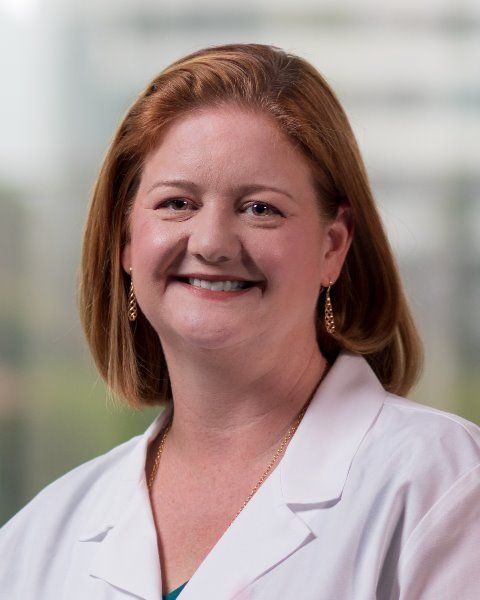Article
New Data Supports Rifaximin, Lactulose Combination for Hepatic Encephalopathy
Author(s):
Rifaximin and lactulose did not result in clinically relevant changes to fecal microbial antibiotic susceptibility profiles.
Catherine T. Frenette, MD

Adding lactulose to a rifaximin regimen could be beneficial for patients suffering from overt hepatic encephalopathy (OHE).
A team, led by Catherine T. Frenette, MD, Medical Director of Liver Transplants and Director of the Hepatocellular Carcinoma Program at Scripps Green Hospital, assessed rifaximin both alone and with lactulose on antibiotic susceptibility of fecal bacteria in patients with cirrhosis and a history of overt hepatic encephalopathy in data presented at the annual American College of Gastroenterology (2020) conference.
Hepatic encephalopathy is a rare, critical condition that could cost a patient brain function if not handled expediently and with the right measure. OHE is currently diagnosed with a combination of clinical manifestations and physical examinations, which pertain to the cognitive and neurological impairment of the patient.
Rifaximin is a non-systemic antibiotic indicated for reducing the risk of overt hepatic encephalopathy recurrence in adults. While the risk of bacterial antibiotic resistance to rifaximin and cross-resistance to other antibiotics is considered low, likely due to minimal systemic absorption, there is only limited data on the potential impact of concomitant lactulose.
In the phase 4 study, the investigators examined 64 adults with cirrhosis and a history of at least 1 OHE episode during the previous 6 months, currently in OHE remission based on a Conn score of 1 or less.
The mean age of the patient population was 55.8 years old and 64.1% of the participants were male.
Each patient was randomized to receive either open-label rifaximin 550 mg twice daily (n = 31) or rifaximin 550 mg twice daily with lactulose (titrated to 2-3 soft stools per day) (n = 33) for 6 months.
The researchers collected stool samples at baseline, month 6, and the end of treatment.
Patients were randomly selected for fecal microbiota antibiotic susceptibility substudy. Bacteria was cultured using standard techniques, susceptibility to several antibiotics, depending on bacterium, tested by broth or agar dilution methods, while minimum inhibitory concentrations were determined. Control strains were included per lab standard operating procedures practices.
The investigators identified 376 bacterial isolates, including Enterobacteriaceae (36.2%), Enterococcaceae (27.7%), Bacteroidaceae (25.5%) families, Staphylococcaceae (7.2%), and Clostridiaceae (3.5%).
Each group featured a similar distribution of bacterial families and species at baseline, as well as at the end of treatment. In addition, cross resistance to other antibiotics rarely developed.
“Rifaximin ± lactulose for up to 6 months did not lead to clinically relevant changes to fecal microbial antibiotic susceptibility profiles,” the authors wrote. “There was no indication of clinically relevant antibiotic resistance with the addition of lactulose to rifaximin therapy for the prevention of OHE recurrence. These data support the clinical safety profile of rifaximin + lactulose in adults with cirrhosis.”
The study, “Lack of Colonic Microbial Cross-Resistance to Other Antibiotics in Patients Treated With Rifaximin Alone vs Rifaximin Plus Lactulose for Reducing the Risk of Overt Hepatic Encephalopathy (OHE) Recurrence,” was published online by ACG.





